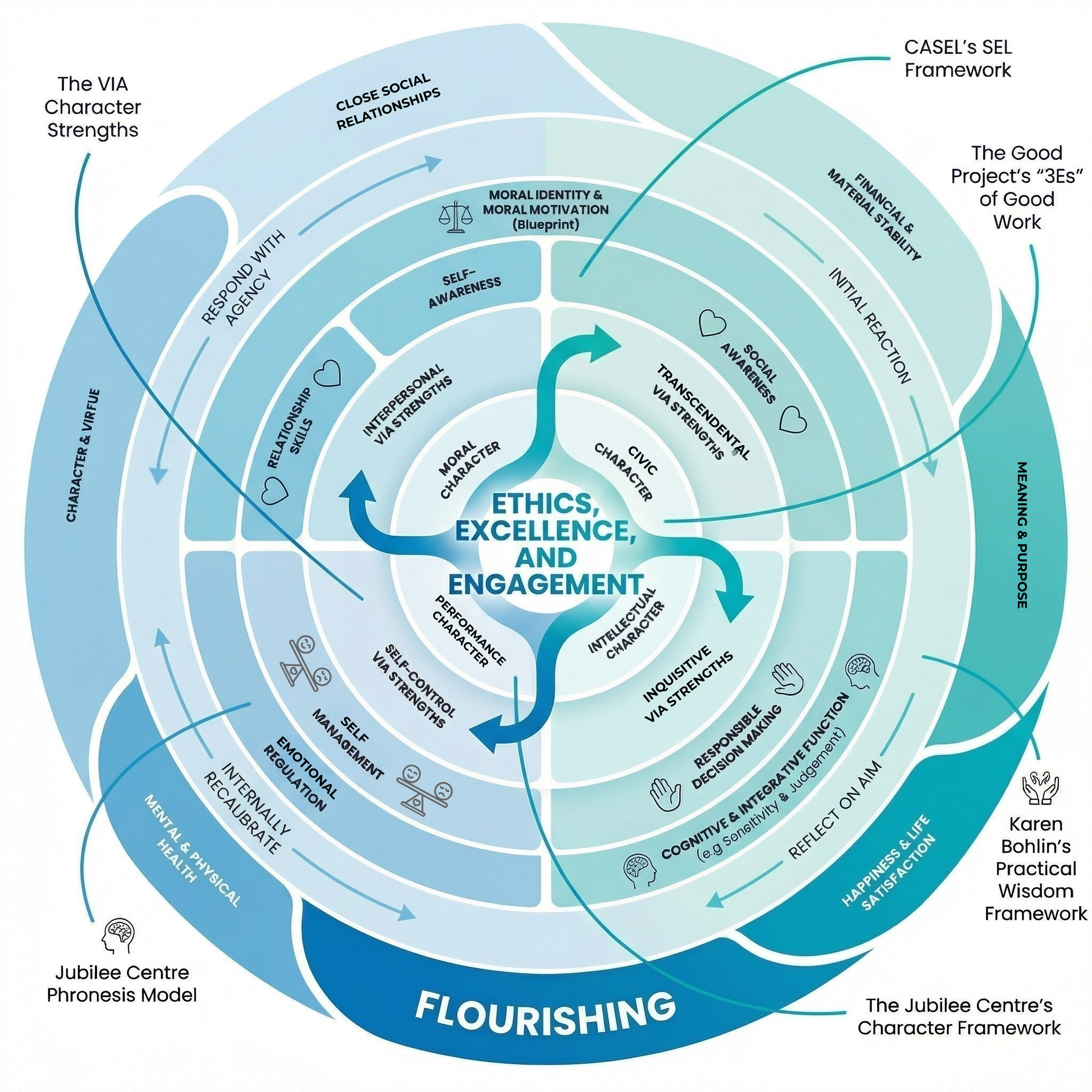by Amy Quon
A year ago, I was content in California—finishing up graduate school coursework and working in educational program assessment. Based on what I hear from everyone who has ever spent a winter in New England, I probably should have appreciated the sunshine and cool breezes back home (read: the opposite of gray skies and icy wind) a bit more. Yet, I felt strongly about moving here because I found myself in one of those precarious positions—where you know the work you are doing just isn’t enough.
For some people, it might be working against the grain everyday through nit-picking bureaucracies, with difficult colleagues, doing work that doesn’t seem to go anywhere and help anyone, or perhaps, it’s just not something that allows you to grow, it’s not where your passion is, maybe it’s just something you can do but not something you feel drawn to. I felt some combination of these factors, which pushed me to act, to take a risk, and to move towards something else.
After deciding to move to the east coast, I was confident; I had interviews lined up and a place to live. However, like thousands of others this year, I remained unemployed for several months. I was rethinking everything—whether or not it was possible to do work that was more valuable or better than what I previously had and whether it was even possible to pursue my ideal in the midst of the worst economic downturn since the Great Depression. All the while, I struggled to manage student loans, bills, rent, and this weird social pressure to be building my career, or establishing something, not wasting time. In the back of my mind, I remembered friends complaining about horrible jobs they were “stuck” in, but I kept thinking, at least they had a job. I had to remind myself that I was hoping for something more, but honestly, I’d often forget.
I wondered if the lack of conversation as a student, around the type of work I would do in the future, and the choices I’d be forced to make on the job played a role in my forgetting. Often, the lesson in school is to adjust your efforts to what works, what the teacher wants and expects, but when no one is looking, when we work in our communities or help a friend, these are the times when we know our best matters most. Having conversations around how to bind engagement and excellence in all of our work can prepare us to surpass expectations and manage challenges more proactively as they come—even if these challenges include shifts in economic opportunity restraining our realities and perceptions of choice.
Understanding the diversity of ways people are experiencing this push and pull between what they hope for and what seems possible is important in helping others to strive towards good work. Given my own luck in finding a great match of my skills and interests with the GoodWork team, I feel like beyond it all, things do turn out. And, I hope that through open conversation on this site, we can reflect on what good work means to each of us, so that ultimately, we find and offer that support.





